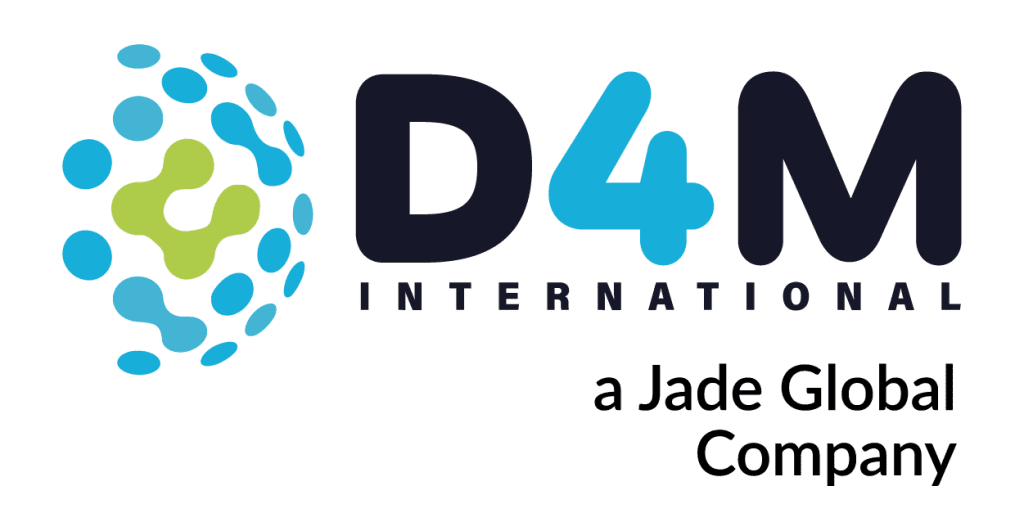In the global ERP rollout business, there is nothing that can delay a project than unforeseen legal or economic requirements; this is especially true when completing ERP rollouts abroad.
Continuing from last week’s conversation with Adrian Hernandez, we discuss the increased importance of interview screenings for legal consultants (along cultural and legislative lines) and the strict financial and legal requirements to complete ERP
rollouts in Mexico.
Jean: When trying to do SAP rollouts in Mexico, and navigating this system of legitimate organizations versus fake businesses, what should companies be looking out for? What kind of organizations should they look into? Just to help find more legitimate people to get this verification process?
Adrian: You have to go through the screening process for your third-party consultant. You must conduct a lot of interviews with the consultant so you can be sure that the consultant has the necessary legal experience and, ideally, has experience in rollouts in Mexico. With regards to in localization questions, its preferable to go through a screening beforehand with the finance people.
Adrian: If you’re interviewing the consultant, you can notice very quickly if they have experience or not with these topics in the tax procedures are very strict and specific.
Adrian: Another topic very important too, is the parallel currencies. In Mexico, we have to handle – at least – our Mexican currency (the Mexican Peso), and – in parallel – a different currency while posting in that different currency. Usually, the other currency is the US dollar, because many companies in Mexico report to companies in the United States. So parallel currencies is also a topic that companies need take care a lot of – since they report in both currencies. It happens a lot that companies here in Mexico prefer to have their companies/system set the default currency to the US dollar instead of Mexican Peso to make things easier. But that can carry different kinds of problems in the system when you are not using the Mexican Peso as your home currency.
Jean: It seems to me from this interview that an increasing issue that comes out with SAP rollouts in Mexico is just like adding more time to an SAP rollout.
Jean: On average, how much does each step of the process add to an SAP rollout? Just so that companies can budget how much time they would need.
Adrian: Rollouts can be very quick once you have everything set up in your main template. In terms of time, we can have a rollout process in a company in four, or six months. If everything prepared, going through old phases, from planning to deployment, you can go live in a timeframe from four to six months.
Jean: Okay. And how long would the setup process be comparatively?
Adrian: I will say that the setup process last at least a couple of months.
Adrian: And the unit testing can be just as long as that.
For more interviews/success stories, be sure to check out the official D4M International YouTube page!
D4M is a privately owned company specializing in leveraging digital technologies to accelerate manufacturing clients to their transition to Industry 4.0. With long tenure and hundreds or successful projects, we are confident that our approach and experience provides the roadmap to help bring clarity and efficiency to your manufacturing operation.
To find out how we can help with your SAP environment, or to learn more about how we rolled out SAP to 60 locations in 60 months, reach out to us today. Contact form and office numbers listed below.
We look forward to partnering with you!






